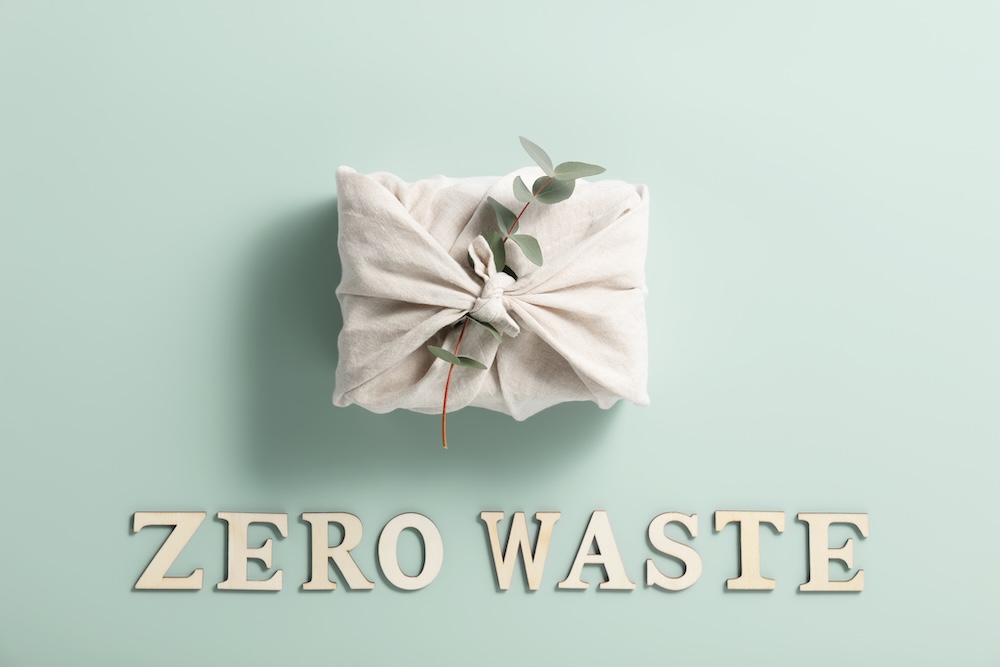Zero waste is more than a trend — it’s a way of living that challenges us to rethink how we consume, conserve, and care for the planet. The concept is simple in definition but transformative in practice: eliminate waste by redesigning systems so that resources are reused, repaired, recycled, or composted instead of discarded.
Adopting this lifestyle reduces pollution, conserves resources, lowers our carbon footprint, and helps build a circular economy where nothing is wasted. It is both a personal commitment and a collective responsibility for a greener, more resilient future.
What is Zero Waste and Why is it Important?
Zero waste is rooted in the idea of circularity: designing products and systems that keep materials in use for as long as possible. Instead of a linear “take–make–dispose” model, zero waste loops resources back into continuous cycles.
Benefits of Reducing Waste
- Environmental: Less pollution from landfills and incinerators, reduced plastic leakage into oceans, and lower greenhouse gas emissions.
- Economic: Saves money through reuse, repair, and reduced overconsumption, while creating jobs in recycling and resource recovery.
- Social: Encourages fairness and responsibility — reducing waste means fewer communities bear the burden of pollution and landfill expansion.
The Carbon Connection
Waste is not just a matter of “trash.” Landfills generate methane, a greenhouse gas over 80 times more potent than CO₂ in the short term. Every product we discard also represents wasted energy, water, and emissions from its production. Reducing waste is, therefore, one of the most direct ways to shrink our carbon footprint.
Tips for Achieving Zero Waste
The Five Rs: Refuse, Reduce, Reuse, Recycle, Rot
- Refuse what you don’t need, especially single-use plastics.
- Reduce consumption — buy less, choose quality, and avoid impulse purchases.
- Reuse items like jars, cloth bags, and containers to extend their life.
- Recycle thoughtfully, prioritizing clean streams to prevent contamination.
- Rot (compost) organic waste to return nutrients to the soil.
Composting with Worms
Vermicomposting accelerates decomposition and creates nutrient-rich soil. Worm bins are a simple way to turn kitchen scraps into a resource, closing the loop at home.
Sustainable Shopping
- Buy products with minimal or no packaging.
- Opt for durable, repairable goods over disposables.
- Support businesses that embrace ethical sourcing, renewable energy, and waste reduction.
Energy-Efficient Practices
- Use LED lighting and efficient appliances.
- Unplug devices and adjust thermostats to conserve energy.
- Choose renewable electricity if available in your region.
Reusing and Repurposing Household Items
- Glass jars become pantry storage.
- Old clothes become rags or patchwork.
- Furniture can often be repaired or upcycled rather than replaced.
Sustainable Transportation
- Walk, bike, carpool, or take public transit to cut emissions.
- For longer trips, consider electric or hybrid vehicles.
- Reduce unnecessary travel where possible.
The Challenge of Zero Waste
Adopting zero waste isn’t easy. It requires rethinking habits, questioning consumer culture, and pushing against convenience-driven norms. Practical barriers — such as limited access to bulk or package-free stores — remain real.
But these challenges also highlight why systemic change matters. Policy reforms, community composting, better recycling infrastructure, and corporate accountability are necessary to make zero waste accessible to everyone.
What You Can Do Today
Zero waste doesn’t have to start big. Even small, conscious actions matter when multiplied across millions of households:
- Carry a reusable water bottle, bag, and coffee cup.
- Refuse single-use plastics like straws, utensils, and takeout packaging.
- Start a simple compost system at home, even with a small worm bin or bokashi bucket.
- Audit your trash for a week — identify what you throw away most and seek alternatives.
- Be aware, be conscious: ask yourself “Do I need this?” before every purchase.
Awareness is the first step. Consciousness is the practice. Action is the outcome.
Final Thoughts
Zero waste is not about perfection; it’s about progress. Every step toward waste reduction — from refusing plastic bags to composting scraps — contributes to a cultural shift away from overconsumption and toward conservation.
The truth is simple: less contamination, more conservation. Zero waste is not just about managing trash; it’s about redesigning our lives to honor the Earth’s limits. Each conscious decision ripples outward, helping build a future where resources circulate, communities thrive, and the planet sustains us all.









Reader Interactions